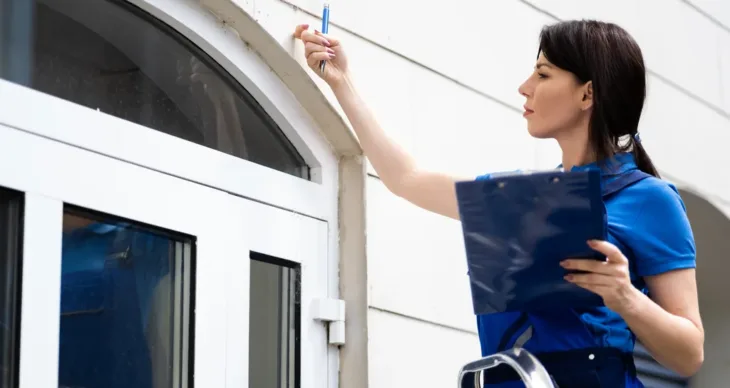A home appraisal is an integral step in the home buying process. During an appraisal, a professional inspector (sometimes called a property valuation) conducts an assessment of the home to determine its value. The home’s estimated value is used to set the actual listing price to ensure that it is a fair and reasonable purchase.
The appraisal value of the home protects home buyers from overpaying and protects sellers from underselling. Once a buyer makes an offer on a home and signs a purchase agreement, the mortgage lender orders the appraisal. The home valuation process can take up to a few hours to complete, as the appraiser must typically inspect both the exterior and interior.
Once the house appraisal is complete, the inspector will submit a detailed report containing the appraised value. Most appraisers use a standard report form known as the Uniform Residential Appraisal Report. Depending on the home, the appraiser could take up to a week to complete this form.
If either party disagrees with any information contained in the home appraisal report, he or she can let the lender know and discuss how to proceed. Sometimes, a second appraisal is necessary to verify or refute information in the initial appraisal.
Home valuation can be easy and stress-free if you know what to expect. Here are 7 things you should know about the appraisal process.
To find the home’s estimated value for purposes of financing the home through a home loan, the lender chooses a third-party home appraiser. Neither the buyer nor the seller has any say in the specific appraisal company so that the entire process is as impartial and transparent as possible.
The home appraisal is a critical step in the buying and selling processes. As such, the lender wants to make sure that the estimated value is as accurate as possible and uninfluenced by either party.
The house appraisal cost varies depending on several factors, like the size of the home, the location of the home and the condition of the home. The buyer is responsible for all appraisal costs, even if the actual price is more than the initial quote.
The average cost of a home appraisal in the U.S. ranges between $350 and $600. There are a few things that can increase the house appraisal cost, such as if the condition of the home is more complex than initially thought.
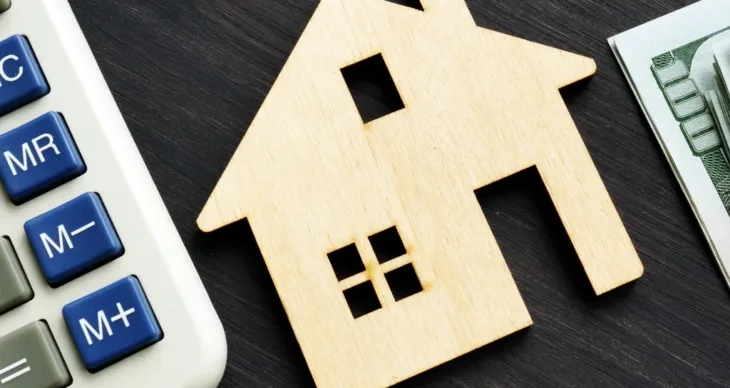
Sometimes, a property valuation may arrive at a different home value than what the seller has listed. This estimate is included in the home appraisal report and contains evidence backing it up. The appraiser must explain why he or she has determined that the appraised value is different from the selling price.
If the appraisal value of a home or property is higher than the purchase price, the buyer benefits from instant equity. However, if the home appraises for less than the purchase price, there could be some problems with the transaction.
Many purchase contracts have what is known as an appraisal contingency, which means the sale is not final until certain terms are met. An appraisal contingency often states that the sale is not legal unless the home appraises at or higher than the asking price.
Buyers with a home appraisal contingency may decide to skip out on the house if the appraised value is less than the purchase value. However, if a buyer still wants to purchase the home, he or she can talk with the seller to bring the sale price closer to the appraised value.
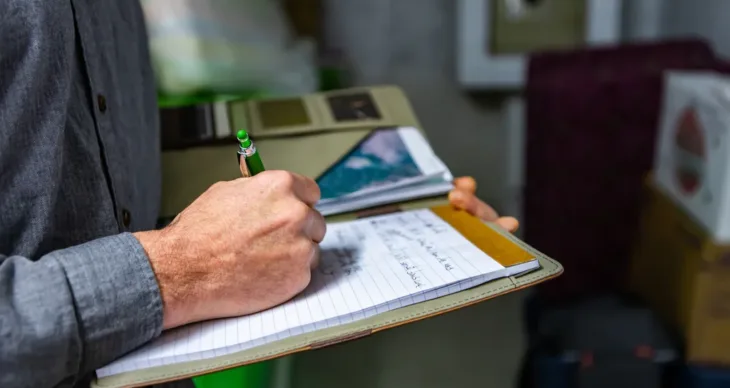
During the home appraisal, the owner of the home does not have to be present. In fact, many appraisers encourage homeowners to vacate the home during the inspection process. While the owner may not necessarily be in the way, he or she could delay the process or distract the inspector from doing the job correctly.
However, the real estate agent should be present during the house appraisal so he or she can answer sale-related questions.

The property valuator looks for several things on the exterior and interior of the home that could influence the home’s value. These are:
- Location of the home
- Age of the home
- Square footage
- Structure and foundation
- Layout
- Potential hazards, like the slope of the lot or whether the home is in a flood zone
- Amenities and upgrades, like a pool or deck
- Appliances
The home appraisal process also takes other conditions into consideration when determining the home’s value. For example, comparable prices of homes in the neighborhood could greatly influence the property value. If a similar home in the neighborhood with the same number of bedrooms sold for much less than the asking price of the home in question, the appraiser may question the difference.
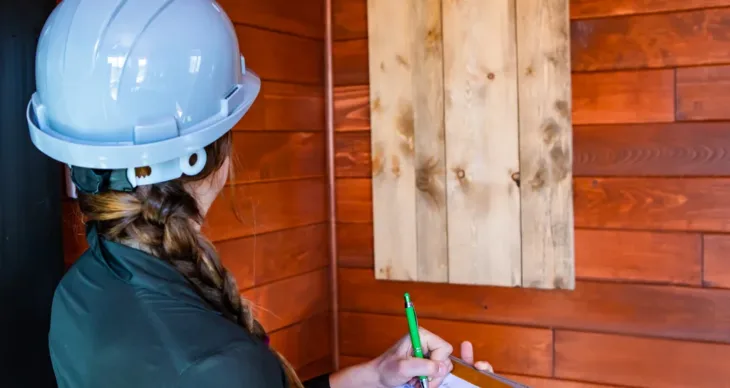
Depending on the home, a house appraisal may not include a full inspection of the interior. This is known as an exterior-only appraisal. The property valuator assesses the exterior of the home and relies on the owner or occupant to provide pictures of the interior to provide an estimated assessment.
Exterior-only appraisals have become a bit more commonplace due to the COVID-19 pandemic, as not to risk spreading the virus to others. However, higher-end homes or those with multi-million-dollar price points almost always require an interior inspection.
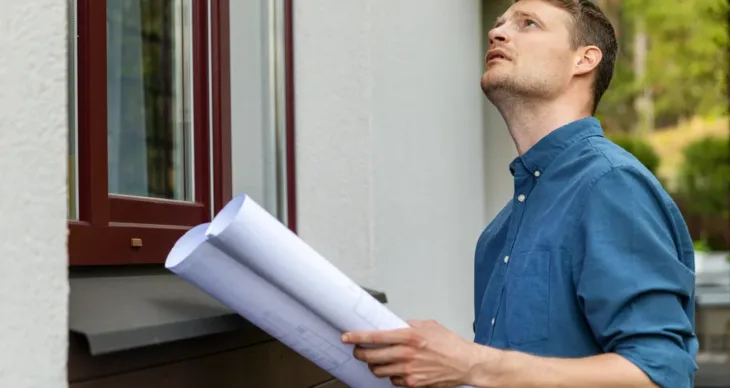
The home valuation process may feel like it is out of your control, but there are a few things you can do to help your chances of a solid appraisal value.
If you are the seller, it’s always a good idea to do a deep cleaning of the home before the appraisal. The property valuator looks for structural integrity, but he or she may have a better view of the home if it is clean and pest-free.
If you have pets, make sure they are out of the way. It may be best to get them out of the house during the appraisal process, especially if they are noisy.
And while you do not have to completely renovate your home or lawn before the appraisal, it may be best to do a few touch-ups here and there. For example, take some time to pull weeds from your garden or paint over areas that are peeling.

